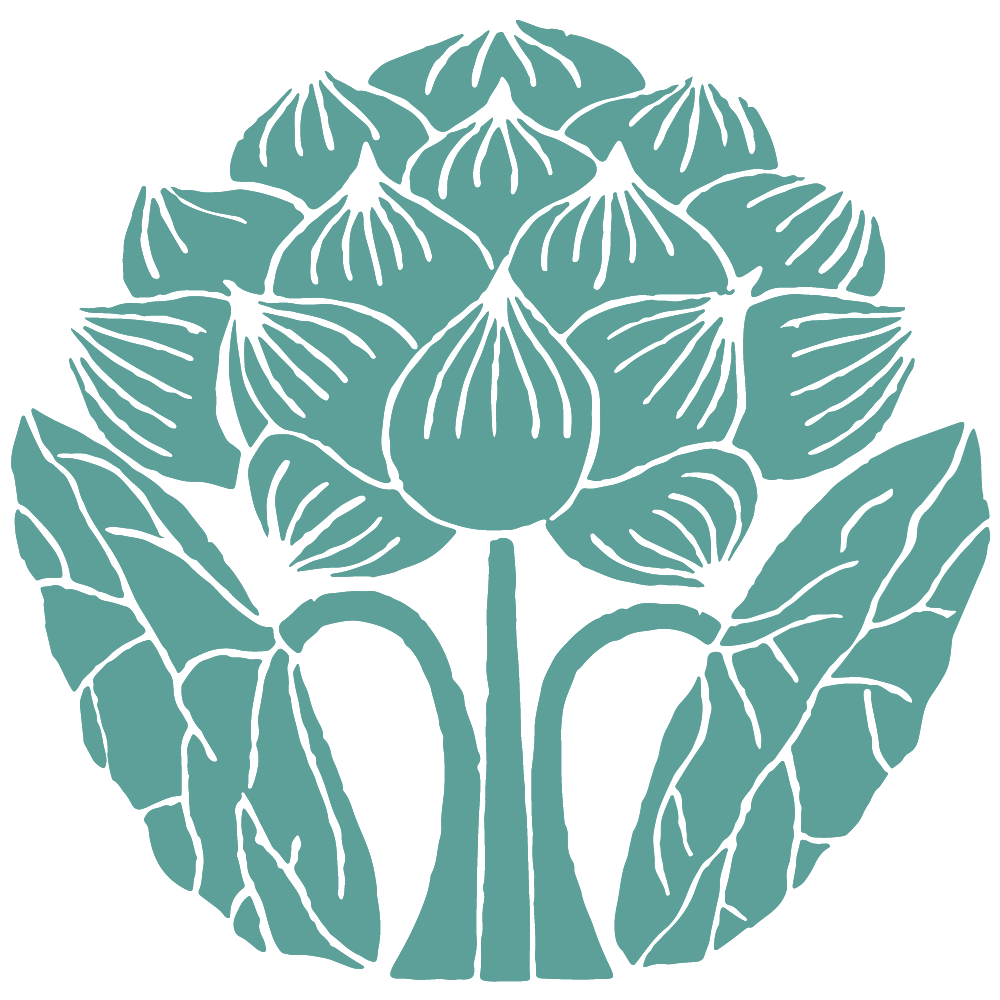Jack was a pretty normal, happy 7 year old who came down with a cough and fever one winter's day. He got over the acute physical symptoms after a few days but still didn't feel well. Jack complained of being sad and lethargic, poor sleep, low appetite, not being able to concentrate, and no longer wanting to go to school. His teachers also noticed that he seemed unusually withdrawn in the classroom.
This went on for about a month and then one day, while attending a sporting event with his family, he suddenly became acutely anxious and was overwhelmed by what he called 'bad thoughts'. The thoughts, mostly of a perverse sexual nature, and the anxiety continued on, becoming a chronic problem. Jack subsequently developed compulsive behaviors such as counting, repetitive questions, and particular hand motions as well. Eye blinking, which had first appeared a few months prior to getting sick but had resolved on its own, also reappeared as a tic like behavior.
